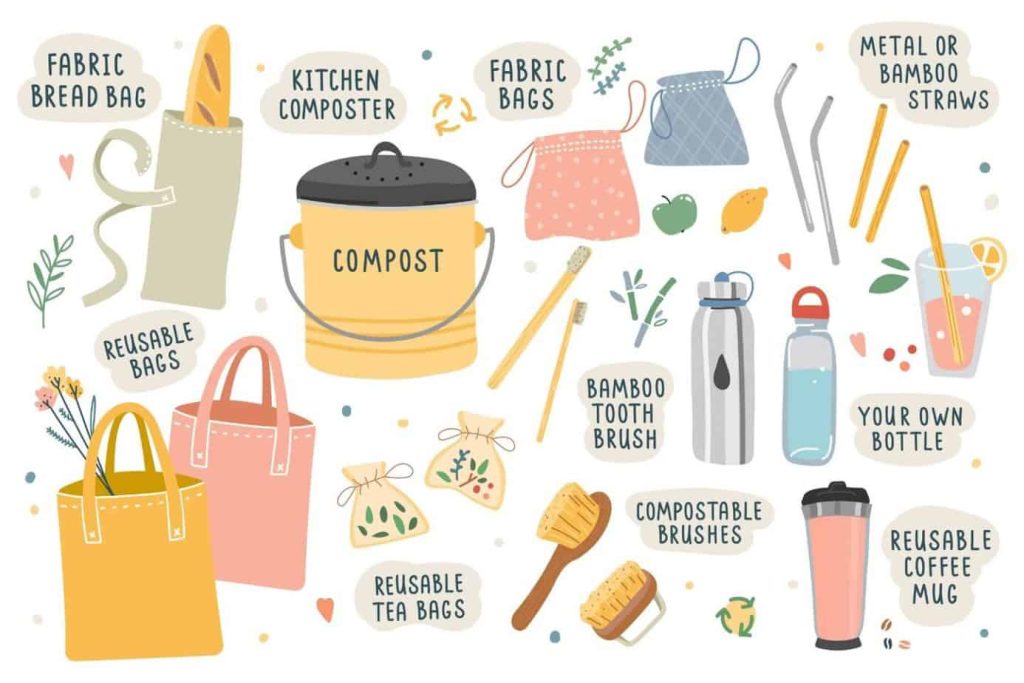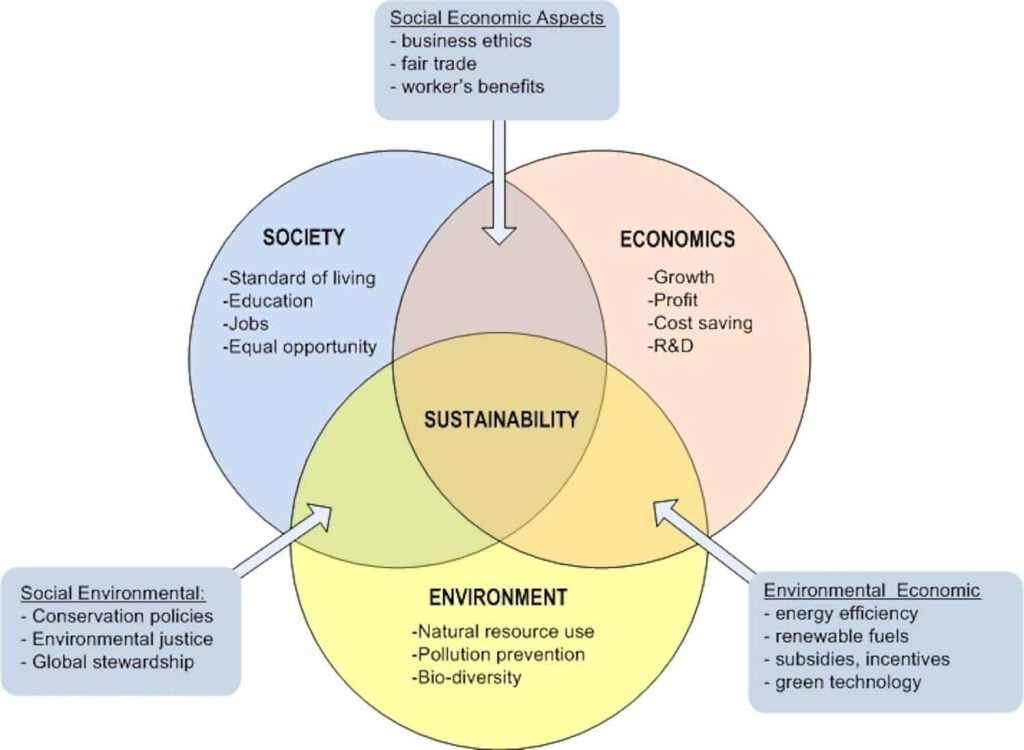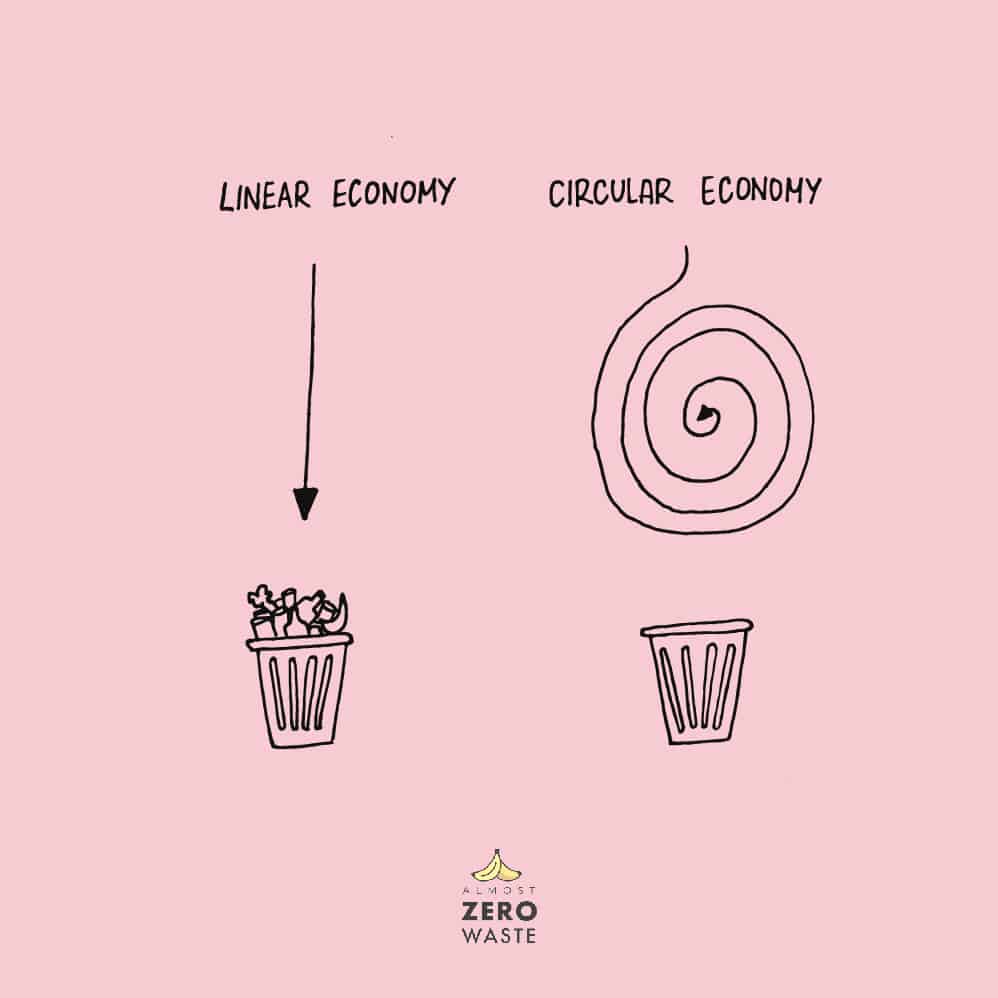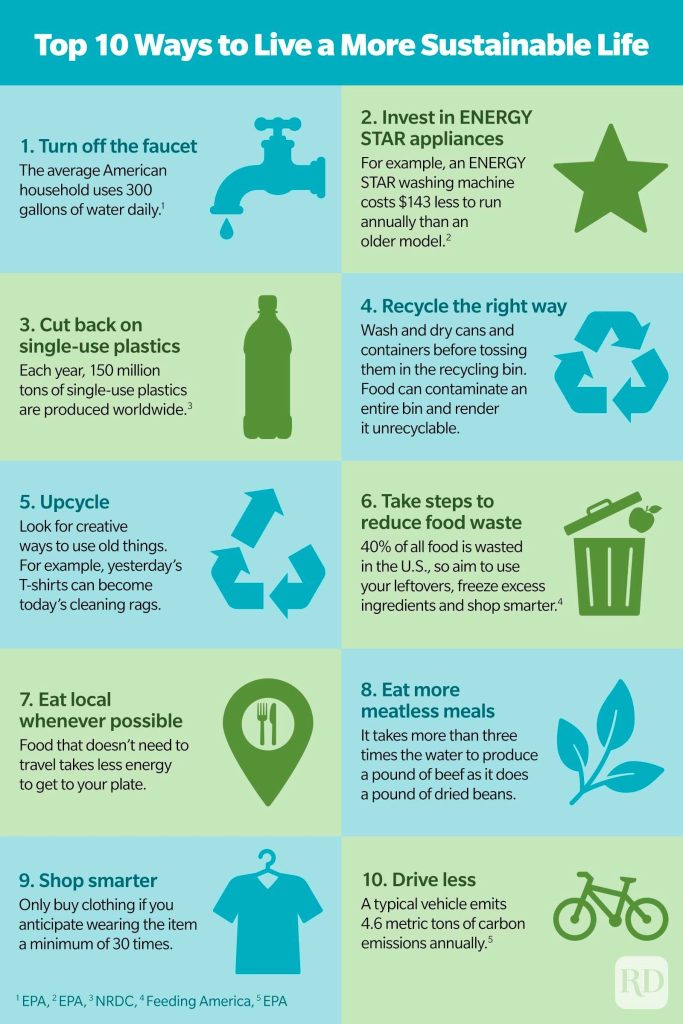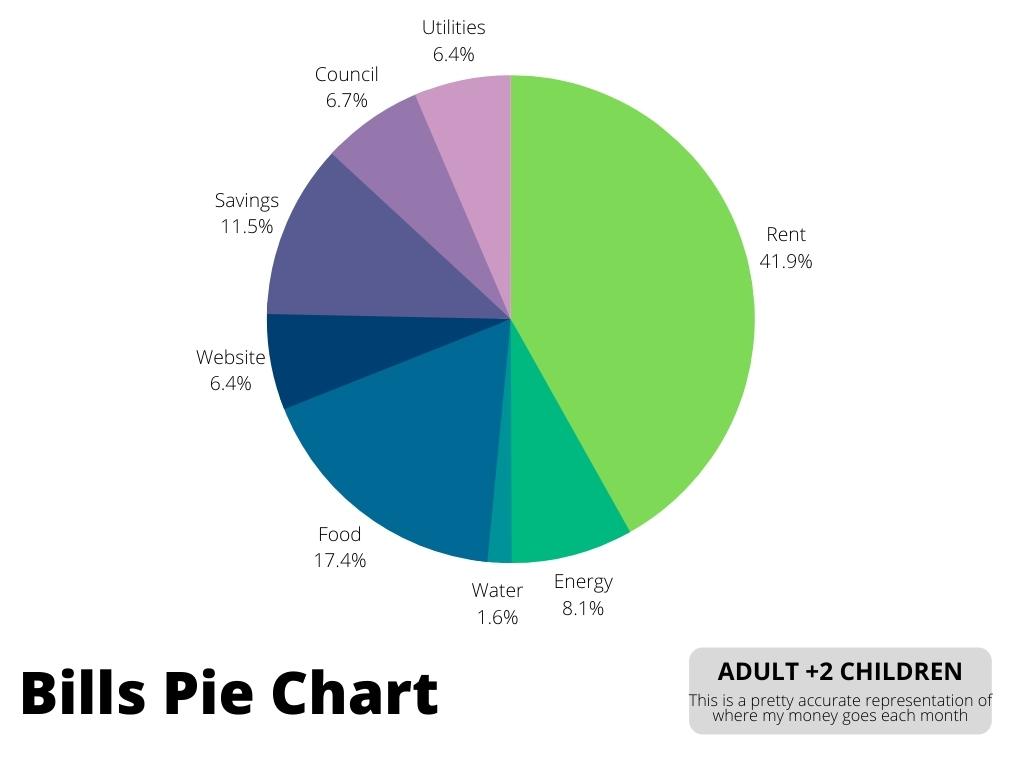If you’ve ever wondered how to have a zero waste lifestyle, you’ve come to the right place! Living a zero waste lifestyle is all about minimizing your impact on the environment by reducing the amount of waste you produce. It’s a lifestyle that promotes sustainability, resourcefulness, and mindful consumption. In this article, we’ll explore practical tips and tricks to help you transition to a zero waste lifestyle and make a positive difference in the world. So, let’s dive in and discover how you can embrace a zero waste lifestyle with ease.
Imagine a world where every choice you make contributes to the well-being of the planet. That’s the essence of a zero waste lifestyle. It’s not about perfection or deprivation; it’s about making conscious choices that align with your values. From reducing single-use plastic to composting organic waste, there are countless ways to integrate zero waste practices into your daily routine. So, if you’re ready to embark on a journey of sustainability and waste reduction, join us as we explore the exciting world of zero waste living. Get ready to learn simple yet impactful strategies that will empower you to embrace a zero waste lifestyle and make a lasting difference for generations to come.
How to Have a Zero Waste Lifestyle?
Step-by-Step Tutorial:
- Start by assessing your current waste habits and set goals to reduce waste.
- Reduce single-use items like plastic bags and bottles by opting for reusable alternatives.
- Compost organic waste and recycle as much as possible.
- Shop consciously by choosing package-free products and buying in bulk.
- Avoid food waste by planning meals and using leftovers creatively.
- Embrace DIY projects to make your own cleaning products and reduce packaging waste.
- Spread awareness and inspire others to join the zero waste movement.

How to Have a Zero Waste Lifestyle?
Living a zero waste lifestyle is not only beneficial for the environment, but it can also simplify your life and save you money in the long run. By reducing the amount of waste you produce and making more sustainable choices, you can make a positive impact on the planet. Here are some practical tips on how to have a zero waste lifestyle.
1. Reduce Single-Use Items
Single-use items are a major source of waste. By replacing them with reusable alternatives, you can significantly reduce your waste output. For example, instead of using disposable plastic water bottles, invest in a reusable water bottle that you can refill. Similarly, bring your own cloth bags when you go grocery shopping to avoid using plastic bags. By making these simple changes, you can greatly reduce the amount of waste you generate.
Benefits of Reducing Single-Use Items
By reducing single-use items, you not only decrease the amount of waste that goes to landfills but also conserve resources. Manufacturing single-use items requires a significant amount of energy and resources, including water and fossil fuels. By using reusable alternatives, you help to preserve these valuable resources for future generations. Additionally, by reducing the demand for single-use items, you contribute to the reduction of plastic pollution in the oceans and other natural habitats.
Tips for Reducing Single-Use Items
– Carry a reusable water bottle, coffee cup, and utensils with you wherever you go.
– Bring your own cloth bags for grocery shopping.
– Use reusable containers and wraps instead of plastic bags and cling film.
– Opt for products with minimal or no packaging.
2. Practice the 5 Rs
The 5 Rs – Refuse, Reduce, Reuse, Recycle, and Rot – are a simple framework for living a zero waste lifestyle. Refusing unnecessary items and packaging is the first step. Reduce your consumption by only buying what you need and choosing products with minimal packaging. Reuse items as much as possible before considering recycling or disposing of them. Recycle materials that can be recycled, and compost organic waste to nourish the soil.
Benefits of Practicing the 5 Rs
By following the 5 Rs, you can significantly reduce the amount of waste that ends up in landfills. Refusing and reducing help to prevent waste from entering your life in the first place. Reusing items prolongs their lifespan and reduces the need for new purchases. Recycling materials helps to conserve resources and reduce the energy required for manufacturing. Lastly, composting organic waste enriches the soil and reduces greenhouse gas emissions.
Tips for Practicing the 5 Rs
– Say no to items you don’t need or want.
– Before buying something, ask yourself if you really need it and if it can be reused or repurposed.
– Set up a compost bin in your backyard or find a local composting facility.
– Educate yourself about what can and cannot be recycled in your area.
3. Embrace Sustainable Shopping
One of the most effective ways to reduce waste is to be mindful of your shopping habits. Opt for products with minimal packaging or packaging made from sustainable materials. Look for items that are made to last and can be repaired rather than replaced. Support local businesses and farmers’ markets to reduce the carbon footprint associated with transportation. Consider buying second-hand or borrowing items instead of purchasing new ones.
Benefits of Sustainable Shopping
Sustainable shopping not only reduces waste but also supports ethical and eco-friendly practices. By choosing products with minimal packaging, you contribute to the reduction of waste in landfills. Supporting local businesses helps to strengthen the community and reduce the environmental impact of long-distance transportation. Buying second-hand items reduces the demand for new products, thereby reducing the resources required for manufacturing.
Tips for Sustainable Shopping
– Bring your own reusable bags and containers when shopping.
– Choose products with minimal or recyclable packaging.
– Buy from local businesses and farmers’ markets.
– Consider buying second-hand items or borrowing from friends and family.
4. Compost Organic Waste
Composting is a great way to divert organic waste from landfills and create nutrient-rich soil for your plants. Instead of throwing food scraps and yard waste in the trash, set up a composting system in your backyard or find a local composting facility. By composting organic waste, you not only reduce greenhouse gas emissions but also contribute to the health of the soil and the overall ecosystem.
Benefits of Composting
Composting organic waste reduces methane emissions from landfills, as well as the need for synthetic fertilizers. It helps to improve soil structure, retain moisture, and promote healthy plant growth. By composting, you also reduce the amount of waste that needs to be transported to landfills, saving energy and reducing carbon emissions associated with waste management.
Tips for Composting
– Set up a compost bin in your backyard or find a local composting facility.
– Compost fruit and vegetable scraps, coffee grounds, tea leaves, yard waste, and eggshells.
– Avoid composting meat, dairy products, and oily or greasy items.
– Turn or mix the compost regularly to accelerate the decomposition process.
5. Educate Yourself and Others
Education is key to living a zero waste lifestyle and inspiring others to do the same. Stay informed about sustainable practices, waste management, and environmental issues. Share your knowledge with friends, family, and the community to raise awareness and encourage positive change. By leading by example and sharing your experiences, you can inspire others to adopt a zero waste lifestyle.
Benefits of Education and Awareness
By educating yourself and others, you contribute to the spread of knowledge and the promotion of sustainable practices. Increased awareness leads to more informed choices and better waste management practices. By inspiring others to adopt a zero waste lifestyle, you have the potential to create a ripple effect that can have a significant impact on waste reduction and environmental conservation.
Tips for Education and Awareness
– Stay updated on sustainable practices and environmental issues.
– Share information and resources with friends, family, and the community.
– Start or join local initiatives or groups focused on waste reduction and sustainability.
– Use social media or other platforms to spread the word about the benefits of a zero waste lifestyle.
Incorporating these tips into your daily life can help you transition to a zero waste lifestyle and make a positive impact on the environment. Remember, small changes can add up to significant results. By reducing waste and making sustainable choices, you can contribute to a healthier planet for future generations.
Key Takeaways: How To Have a Zero Waste Lifestyle?
- Reduce, reuse, and recycle to minimize waste.
- Compost organic waste to reduce landfill waste.
- Avoid single-use items by opting for reusable alternatives.
- Shop in bulk to reduce packaging waste.
- Adopt sustainable practices like using cloth bags and glass containers.
Frequently Asked Questions
What is a zero waste lifestyle?
A zero waste lifestyle is a way of living where you aim to minimize your waste and reduce your impact on the environment. It involves making conscious choices to avoid creating waste and finding sustainable alternatives for everyday items. By adopting this lifestyle, you commit to reducing, reusing, and recycling as much as possible.
One of the key principles of a zero waste lifestyle is to refuse single-use items and opt for reusable alternatives. This includes using reusable shopping bags, water bottles, and coffee cups. It also involves composting organic waste and finding creative ways to repurpose or repair items instead of throwing them away.
How can I start living a zero waste lifestyle?
Starting a zero waste lifestyle can seem overwhelming at first, but it’s all about taking small steps and making gradual changes. Begin by assessing your current waste habits and identifying areas where you can make improvements. This could be reducing packaging waste, minimizing food waste, or finding alternatives to disposable products.
Next, focus on implementing sustainable practices into your daily routine. This may involve shopping in bulk, bringing your own containers, and choosing products with minimal packaging. It’s also important to educate yourself about recycling guidelines in your area and properly dispose of any recyclable materials.
What are some tips for reducing waste in the kitchen?
The kitchen is a major source of waste in many households, but there are several ways you can reduce waste in this area. Start by meal planning and only buying what you need to avoid food waste. Purchase fresh produce from local farmers’ markets or join a community-supported agriculture (CSA) program to support sustainable agriculture.
Consider composting your food scraps to divert them from landfills and create nutrient-rich soil for your garden. Avoid using single-use plastic wrap and instead opt for reusable beeswax wraps or glass containers for storing leftovers. Lastly, invest in a water filter to reduce the need for bottled water.
How can I reduce waste when it comes to personal care products?
Reducing waste in the realm of personal care products is possible with a few simple changes. Start by switching to package-free alternatives such as shampoo bars, which eliminate the need for plastic bottles. Look for refillable options for items like hand soap and laundry detergent.
Consider making your own natural beauty and hygiene products using simple ingredients like coconut oil, baking soda, and essential oils. This not only reduces waste but also avoids harmful chemicals found in many commercial products. Additionally, choose reusable cotton pads or washable makeup remover cloths instead of disposable cotton pads.
How can I involve my family in a zero waste lifestyle?
Getting your family on board with a zero waste lifestyle can be a collaborative effort. Start by explaining the benefits of reducing waste and the impact it has on the environment. Encourage open discussions and involve everyone in decision-making processes regarding waste reduction strategies.
Make it a fun and educational experience by engaging in activities like composting, gardening, and upcycling. Set a good example by practicing what you preach and being consistent with your own waste reduction efforts. Finally, celebrate milestones and achievements as a family to keep everyone motivated and excited about living a zero waste lifestyle.

Tips for Zero Waste Living – How a Family of 5 Makes Almost No Waste! | Life With Less Waste
Final Summary: Embracing a Zero Waste Lifestyle
In our fast-paced world, where convenience often takes precedence, the concept of living a zero waste lifestyle may seem daunting. However, it is not only achievable but also incredibly rewarding. By making conscious choices and adopting sustainable practices, we can significantly reduce our environmental impact and contribute to a healthier planet for future generations.
The key to a zero waste lifestyle lies in the 3 R’s: Reduce, Reuse, and Recycle. By minimizing our consumption, reusing items whenever possible, and recycling responsibly, we can make a significant difference. It starts with small changes, such as carrying a reusable water bottle, using cloth bags instead of plastic ones, and composting kitchen scraps. These seemingly insignificant actions add up and create a ripple effect that inspires others to join the movement.
Not only does a zero waste lifestyle benefit the environment, but it also has numerous personal advantages. It encourages mindfulness and a deeper connection with our surroundings. We become more aware of the resources we consume, the waste we generate, and the impact our choices have on the world. Additionally, adopting a zero waste mindset can lead to cost savings, as we prioritize quality over quantity and reduce our reliance on disposable products.
Let us embrace the power we hold as individuals to make a positive change. By incorporating the principles of a zero waste lifestyle into our daily routines, we can pave the way for a greener, more sustainable future. Together, we

